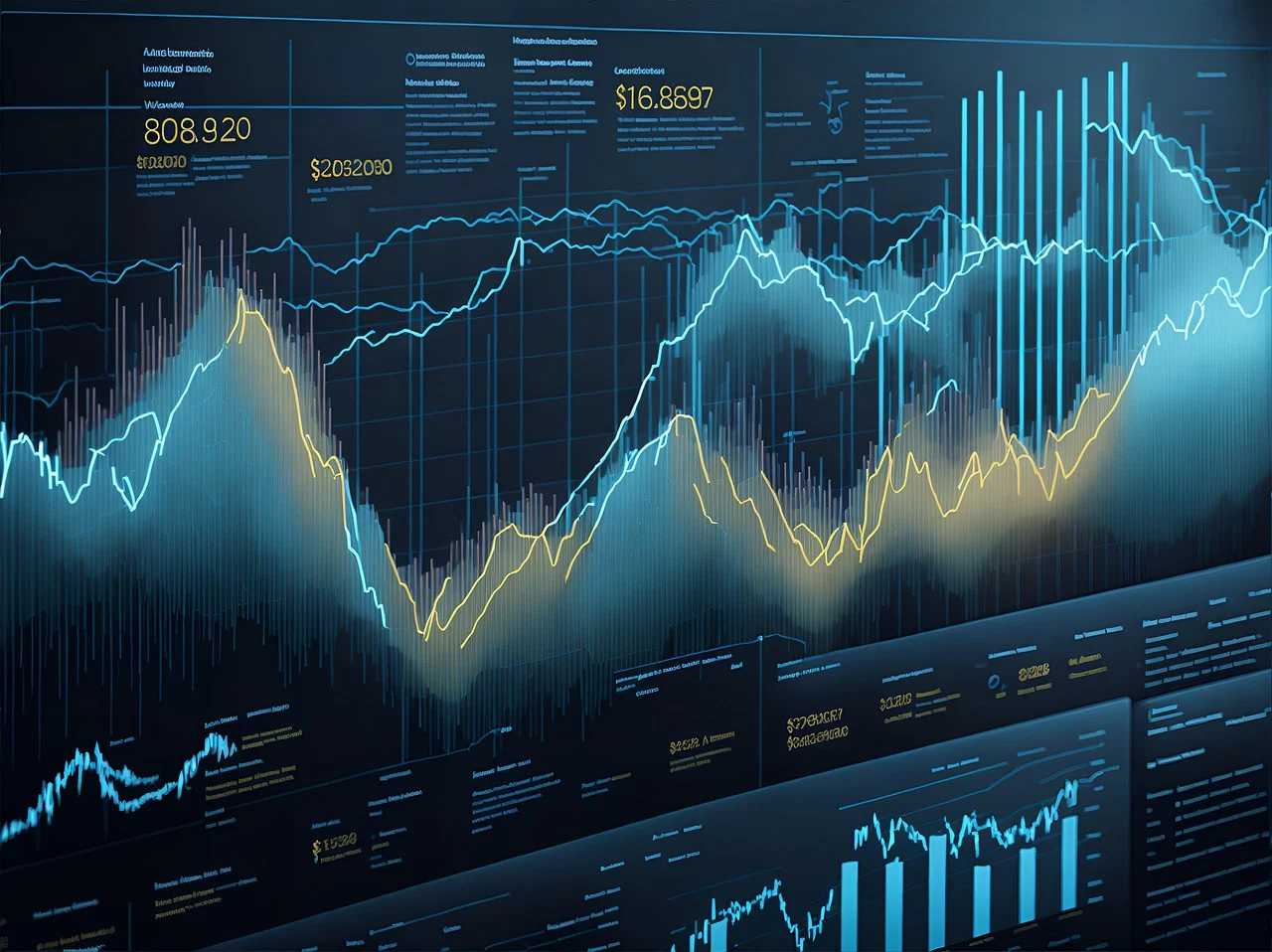In a striking development over the past few days, the world’s 10 richest individuals have collectively gained an astounding $64 billion in wealth, following the reelection of former President Donald Trump. This surge has raised concerns about the growing wealth disparity in the U.S. and across the globe, highlighting how the fortunes of the ultra-wealthy continue to skyrocket while many working-class families face economic challenges.
Surge in Wealth: Who Benefited?
The sharp increase in wealth for these billionaires comes on the heels of Trump’s victory, which many market analysts view as a boon for corporate profits, particularly in industries where these top billionaires have significant stakes.
Key figures benefiting from this windfall include:
- Jeff Bezos (Amazon) – Amazon saw its stock price surge, driven by continued growth in e-commerce, particularly during the pandemic. Bezos, already one of the wealthiest people on the planet, saw his fortune increase dramatically as Amazon’s market capitalization hit record highs.
- Elon Musk (Tesla, SpaceX) – Tesla’s stock price, which had been on an upward trajectory for years, spiked following Trump’s reelection, cementing Musk’s place as the world’s richest individual. Musk’s other ventures, like SpaceX, also contributed to his rapidly expanding wealth.
- Bill Gates (Microsoft) – Microsoft’s continued dominance in the tech sector, coupled with its strong performance in cloud computing, helped boost Gates’ wealth, even as he focuses on his philanthropic efforts.
- Mark Zuckerberg (Facebook) – Facebook, benefiting from its global advertising business and growing user base, added billions to Zuckerberg’s fortune, especially as digital platforms continued to thrive during the pandemic.
The Trump Effect: Policies That Benefit the Ultra-Wealthy
The financial markets’ positive reaction to Trump’s reelection is largely attributed to expectations that the former president would continue his pro-business policies, including tax cuts, deregulation, and other measures that directly benefit large corporations and their wealthy shareholders.
Trump’s 2017 Tax Cuts and Jobs Act, which reduced corporate tax rates from 35% to 21%, played a significant role in boosting corporate profitability and, by extension, the stock market. This tax cut provided massive benefits to the wealthiest Americans, many of whom own significant stakes in publicly traded companies. For billionaires like Bezos, Musk, and Gates, these policies have translated into enormous gains in their net worth.
Widening Wealth Inequality
While the wealth of the world’s richest individuals has soared, the economic divide between the wealthy and everyone else has grown starker. The pandemic has exacerbated existing inequalities, with millions of workers losing jobs, businesses closing, and households struggling to make ends meet. Meanwhile, the stock market’s strong performance, fueled by investor optimism in the wake of Trump’s policies, has disproportionately benefited the wealthiest Americans.
The $64 billion boost to the world’s richest individuals only underscores the deepening divide. According to reports, the surge in wealth among the top 10 billionaires highlights an ongoing trend in which the richest Americans capture a larger share of the country’s economic growth, while the middle and lower classes face stagnant wages and limited opportunities for upward mobility.
The Growing Backlash
This growing concentration of wealth has sparked significant public debate, particularly as calls for higher taxes on the wealthy and greater economic equity gain traction. Critics argue that while Trump’s policies were designed to stimulate corporate growth and increase market confidence, they did little to address the structural inequalities that leave much of the American population behind. The debate over wealth inequality and taxation will likely intensify in the coming years as political and social movements call for reform.
Some policymakers and advocates for economic justice argue that the tax code should be restructured to ensure that the ultra-wealthy pay a fair share of taxes. Others are calling for more direct investment in public services and programs aimed at reducing the gap between rich and poor.
Conclusion: The Stark Contrast of Wealth Growth
The $64 billion increase in wealth for the world’s 10 richest individuals is a vivid reminder of the deepening economic divide in the U.S. and around the world. As the wealthiest Americans continue to benefit from policies that favor corporations and the wealthy, millions of others struggle with job insecurity, stagnant wages, and rising costs of living.
This recent surge in billionaire wealth underscores the need for a broader conversation about wealth distribution, taxation, and economic fairness. While the top 1% have gained significantly from Trump’s reelection, the real question remains: Can the government address the systemic issues that allow such extreme disparities in wealth to persist, and will future leaders prioritize economic policies that uplift working families? Only time will tell whether these disparities will continue to grow or if meaningful reforms will be enacted to narrow the wealth gap.


